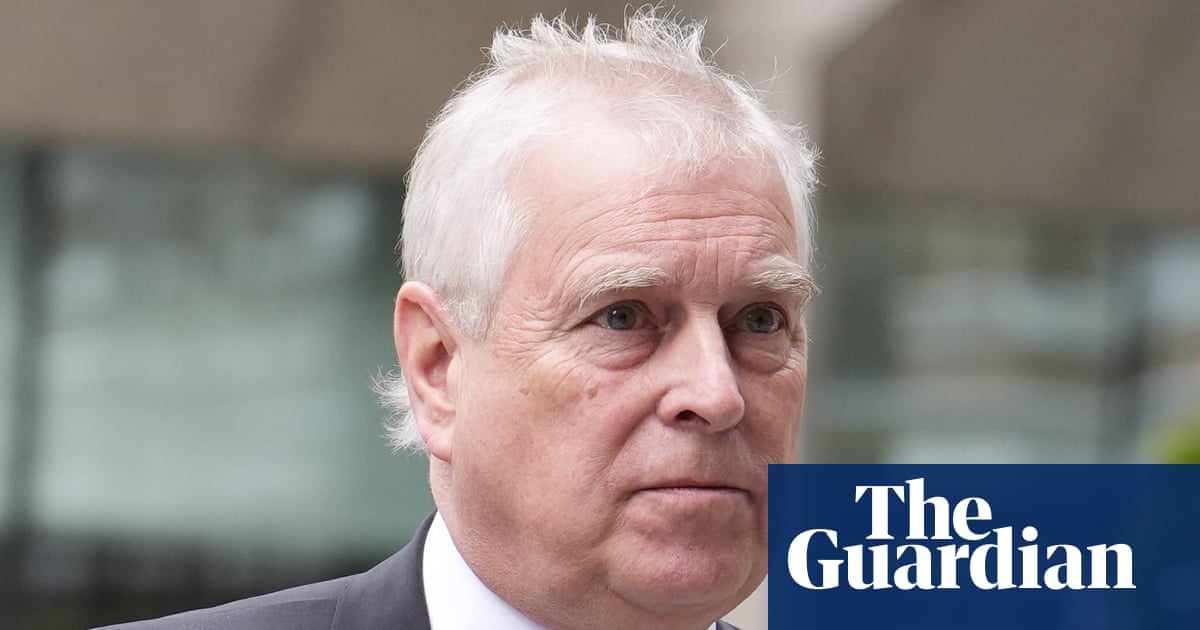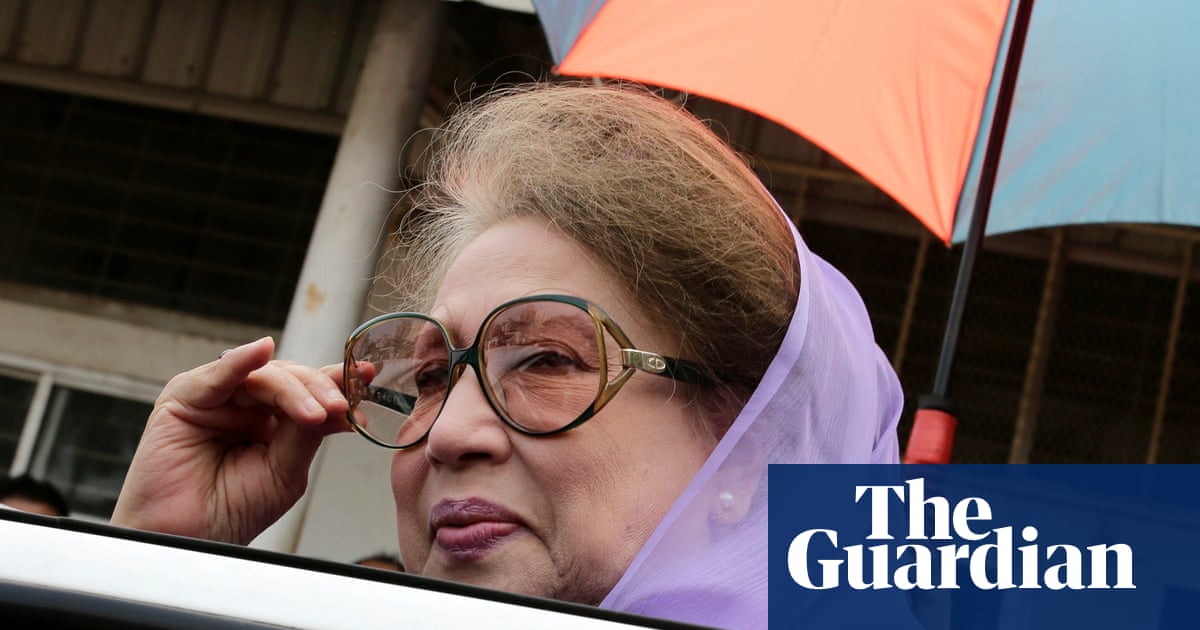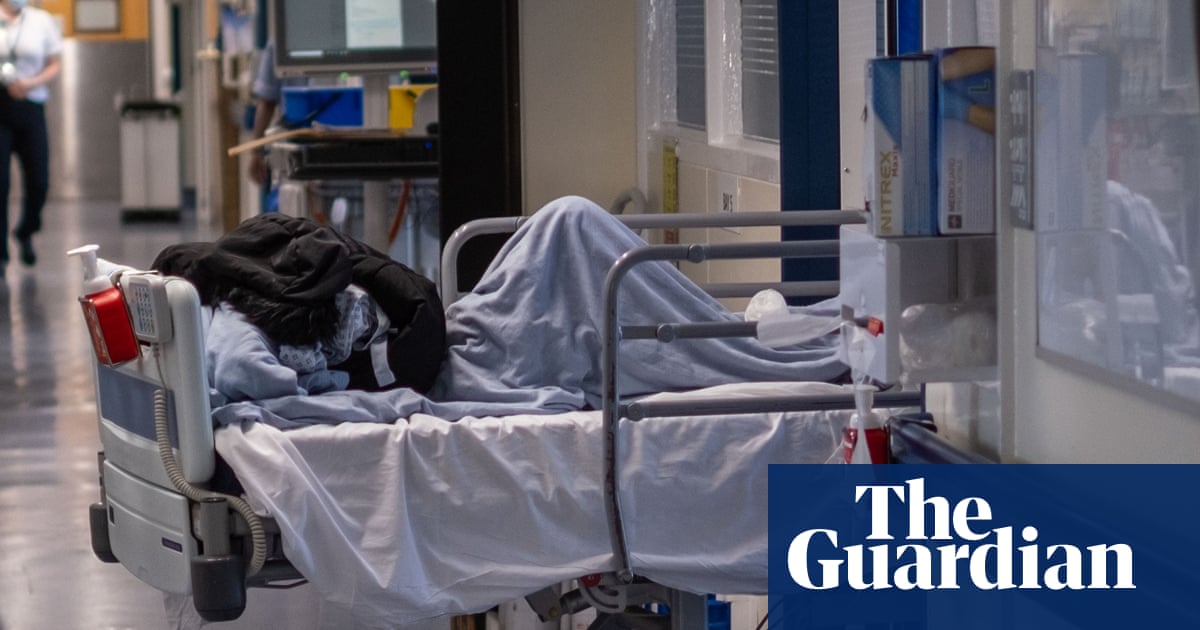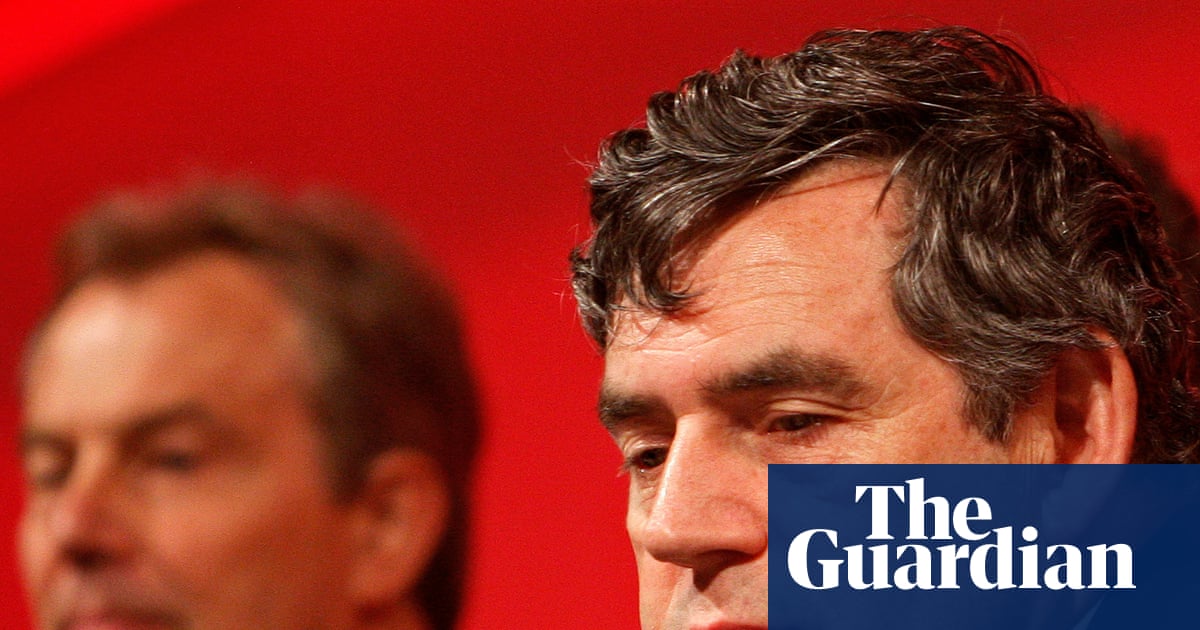Boris Johnson approved the China’s super-embassy proposal in 2018 and welcomed the fact it would represent “China’s largest overseas diplomatic investment” anywhere in the world, the Guardian can disclose.
In a letter to Wang Yi, China’s top diplomat, Johnson gave his consent for Royal Mint Court to house a sprawling diplomatic complex in May 2018. The Chinese government bought the 20,000 sq metres site for £255m that same month.
The disclosure demonstrates that the Conservatives under Theresa May gave Beijing assurances that it could proceed with the proposal, which is still in limbo seven years later after attracting huge political and local backlash.
Johnson’s letter, sent while he was foreign secretary, was a response to Wang setting out details of the planned project in April.
“I am pleased to confirm that I have today agreed to grant consent for Royal Mint Court to be designated as diplomatic premises, on the basis of your assurances and the further detail provided by the Chinese ambassador to London,” Johnson wrote.
“I welcome the fact this is China’s largest overseas diplomatic investment. The re-development of our embassy in Beijing will be one of our largest overseas diplomatic investments.”
He added that he was “committed, as I am convinced you are, to ensuring that our projects develop alongside each other” and said that “they will be bold expressions of the strength of UK-China bilateral relations”.
He wrote that “the projects have political commitments at the highest levels” and cited “assurances” given to the British embassy in Beijing and to Eddie Lister that March. Lister, who had been Johnson’s chief of staff in City Hall and later took up a senior role in Downing Street, helped broker China’s purchase of the site.
A representative for Johnson was contacted for comment.
A spokesperson for the Chinese embassy said: “The Chinese government purchased in 2018 the former site of the Royal Mint Court, London for the use as the new Chinese embassy premises. The UK government had given its consent to this.
“The UK has shown a total lack of the spirit of contract, credibility and ethics, and has repeatedly put off the approval of the project citing various excuses ... Both China and the UK have plans to build new embassies in each other’s capitals, and both sides should facilitate each other’s efforts.”
The Conservatives have asked whether Labour gave China any private assurances over the proposal without disclosing that they had done so when it was originally conceived. Kemi Badenoch, the Tory leader, told ITV’s Peston on Monday that she believed the plans should be scrapped “given everything we know”.
The plans first hit a roadblock when Tower Hamlets council refused planning permission in December 2022. The Conservative government at the time declined to intervene and the application ultimately expired.
China reapplied for permission to build its embassy soon after Labour entered government. Ministers called in the decision, taking it out of the hands of the council, after Xi Jinping raised the matter directly with Keir Starmer.
Asked whether he would heed China’s threats that there will be consequences if the project is not approved, Starmer told Bloomberg on Tuesday: “No. The decision on the embassy will be taken in the proper way regardless of any views or pressure from anyone.”
The Guardian revealed last year that China is refusing to allow the refurbishment of the British embassy in Beijing while its own plans are in limbo. Oliver Robbins, the top Foreign Office official, visited China this month and held talks seeking to unblock the situation.
A Conservative spokesperson said: “When Conservatives were in government, the planning application for the mega-embassy was thrown out, and the Chinese only pushed it again after Labour were elected. Since the application was re-submitted, the Conservatives have led the charge in opposing the Chinese spy hub.
Ministers have come under pressure over the embassy proposal and their broader approach to China after the surprise collapse of a trial against two men accused of spying for Beijing. Christopher Cash, a former parliamentary researcher, and Christopher Berry, a teacher, both denied the charges under the Official Secrets Act.
In a Commons debate on Tuesday the Conservatives demanded that the government publish the minutes of a Whitehall meeting held on 1 September to discuss the implications of the trial.
Key figures involved in the case gave conflicting accounts about why it collapsed at a parliamentary committee hearing this week. Prosecutors said the fault lay entirely with the evidence they received from the government, while the government official who drafted the evidence said he had been given legal advice that it would be enough.

 2 months ago
50
2 months ago
50

















































